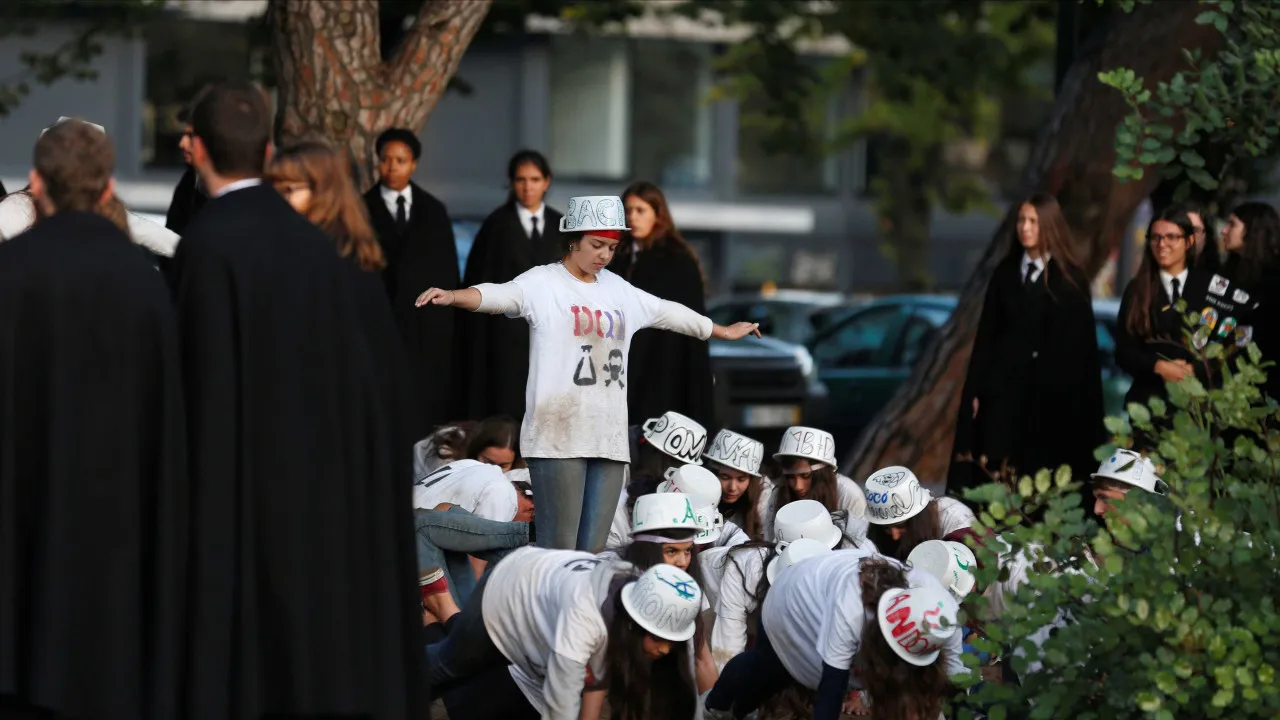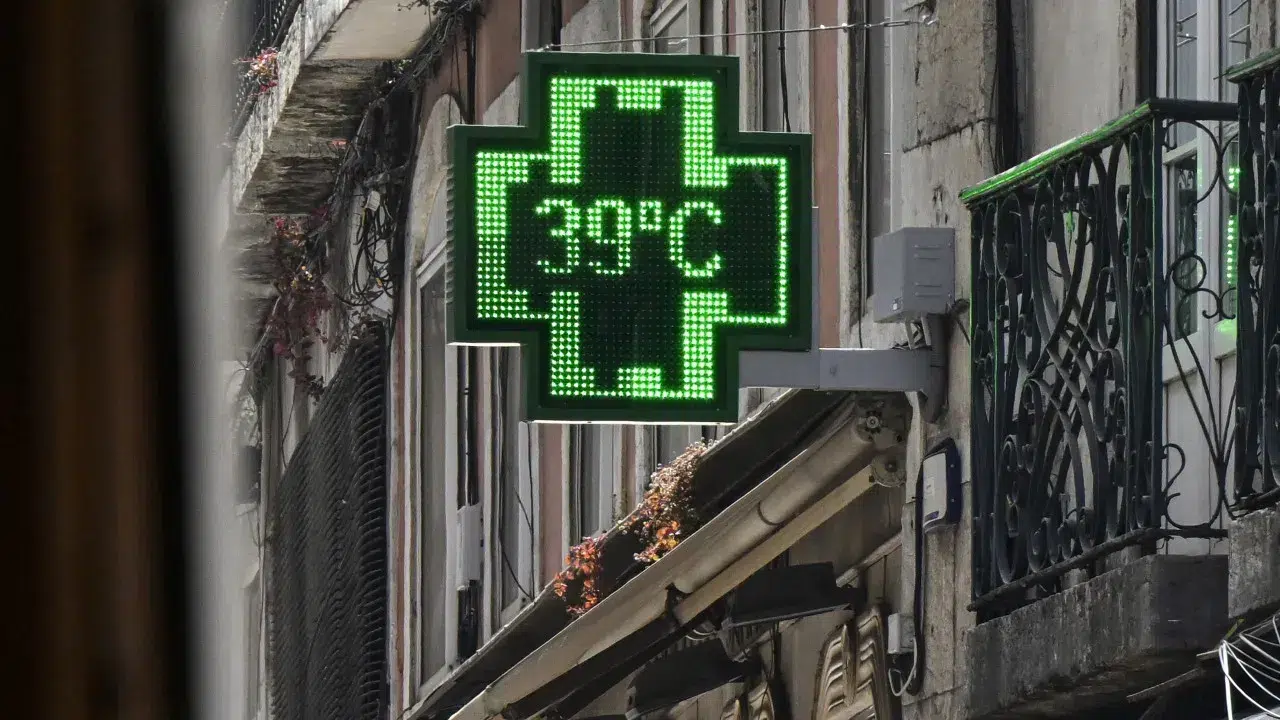
Fewer than 50,000 students applied during the first phase of the 2025 national higher education access competition, a figure significantly lower than in recent years, comparable only to that of 2018.
Student associations cite demographic decline and the costs associated with higher education as primary reasons for this trend.
“Portugal has experienced demographic decline since 1996, affecting the critical population for higher education,” said Gonçalo Osório de Castro, President of the Academic Association of the University of Lisbon (AAUL), in a statement.
Francisco Fernandes, President of the Academic Federation of Porto (FAP), echoed this sentiment and criticized the lack of statistical information, such as data on how many students completed their 12th grade this year. He highlighted data indicating a decrease in students registered for the national Portuguese exam, once again mandatory for all.
Official data also show a decrease in students taking national exams with the aim of entering higher education. This year, only 55% expressed a desire to attend university or polytechnic institutions, compared to 57% in 2024.
For these student leaders, financial difficulties largely contribute to students abandoning their dreams of higher education.
“In Lisbon, the average price for a room is 500 euros,” noted Gonçalo Osório Castro, emphasizing that 40% of students at higher education institutions in Lisbon are from out of town.
He referred to the latest report from the Student Accommodation Observatory, which confirmed the rising prices in student rental markets, indicating the high cost of studying in major urban centers.
As of early summer, the national average was 415 euros, with Lisbon being the most expensive district, followed by Porto.
“With average room prices around 400 euros, many aspiring students are unable to fulfill their ambitions,” warned Francisco Fernandes, adding that numerous students keen on studying in Porto ultimately abandon their plans. According to Fernandes, there was a 10% reduction in out-of-town students in the city between 2018 and 2024.
Fernandes expressed concern over the decline in higher education enrollment: “Part of it can be explained by demographic factors, but social issues also play a role. The reduction in out-of-town students underscores a severe problem; affording higher education often depends on wealth and geographical luck.”
He urged a robust response to the housing crisis and an increase in scholarships. “Accommodation is not just a student issue; it’s a national issue, perpetuating inequalities. It must become a national priority,” he stated.
Despite fewer candidates, there are more vacancies in higher education this year: approximately 55,000 spots in public institutions’ general access regime, plus 21,000 in special regimes and competitions, such as for those over 23 or course changes. Private institutions offer around 25,000 places.
In the first phase of national exams, student grades were lower compared to the previous year’s first phase across 15 of the 25 subjects.
Placement results will be announced on August 24, with students having one week to enroll. The second phase of the national competition, typically offering fewer vacancies, will run from August 25 to September 3.




